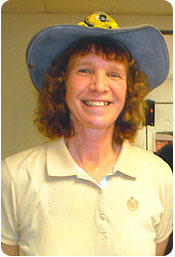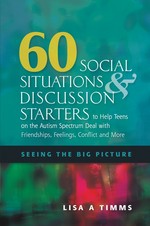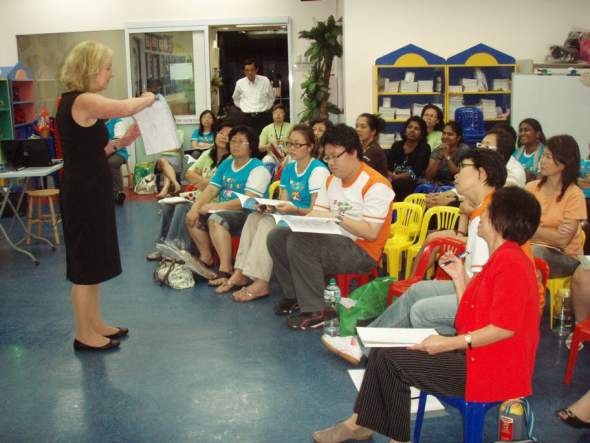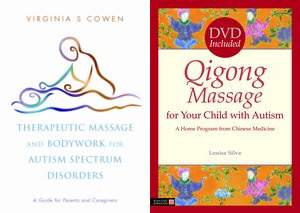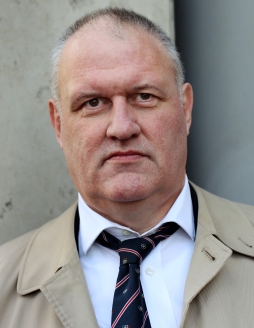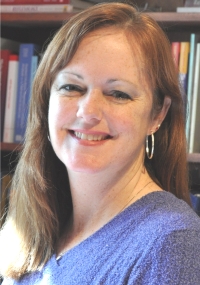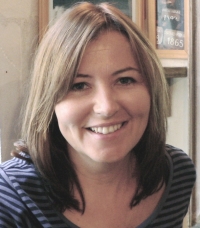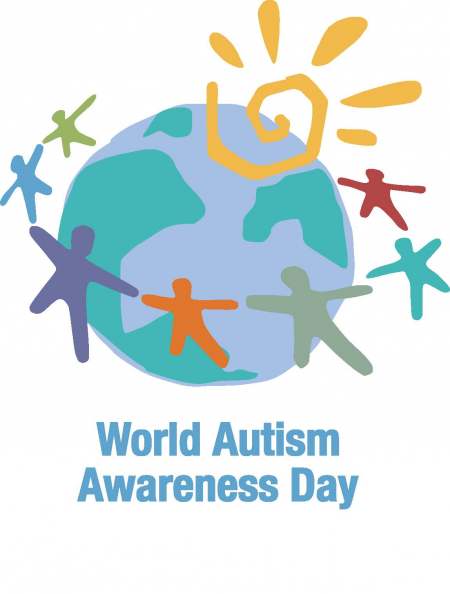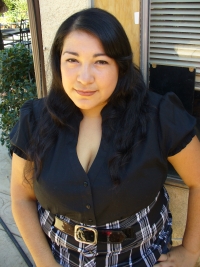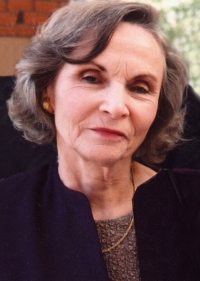From Anxiety to Meltdown – An Interview with Deborah Lipsky
“once people understand meltdown triggers and why they occur the enviroment can be modified to help reduce the number of meltdowns. And more compassion instead of critism can be offered to us because we feel awful afterwards; feelings of remorse and regret are common because we didn’t want it to occur. It isn’t like we have a “quota” of so many meltdowns we need to have in a day. It just happens due to overwhelming factors beyond our (the autistic person’s) control.”
